Livanza 150 DT Tablet 10's


MRP ₹130
(Inclusive of all Taxes)
₹19.5 Cashback (15%)
Provide Delivery Location
Online payment accepted
 Prescription drug
Prescription drugWhats That
Composition :
Manufacturer/Marketer :
Consume Type :
Return Policy :
About Livanza 150 DT Tablet 10's
Livanza 150 DT Tablet 10's belongs to a group of medicines called the biliary agents or gall stone dissolution agents used to treat gall stones, primary biliary cholangitis (an autoimmune disease of the liver), excess cholesterol in bile and children above 6years with biliary and liver diseases caused by cystic fibrosis.
Livanza 150 DT Tablet 10's contains ursodeoxycholic acid, which is a naturally-occurring bile acid. Livanza 150 DT Tablet 10's helps decrease the production of cholesterol in the blood, thereby dissolving gall bladder stones composed mainly of cholesterol. Livanza 150 DT Tablet 10's has a protective effect on the liver cells from injury caused due to toxic bile acids and improves liver function.
Take Livanza 150 DT Tablet 10's with food. You are advised to take Livanza 150 DT Tablet 10's for as long as your doctor has prescribed it for you depending on your medical condition. In some cases, you may experience certain common side-effects such as abdominal discomfort, abdominal pain, diarrhoea, nausea, rash, dizziness, indigestion and weakness. Most of these side-effects do not require medical attention and will resolve gradually over time. However, you are advised to talk to your doctor if you experience these side-effects persistently.
Inform your doctor before taking Livanza 150 DT Tablet 10's if you have variceal bleeding (high blood pressure in portal veins), ascites (excess abdominal fluid), liver encephalopathy or liver disease. Do not take Livanza 150 DT Tablet 10's if you are pregnant or breastfeeding unless prescribed. Livanza 150 DT Tablet 10's can be given to children above 6 years if prescribed by the doctor. Avoid consuming alcohol along with Livanza 150 DT Tablet 10's as it could lead to increased drowsiness and liver damage. Keep your doctor informed about your health condition and medicines to rule out any side-effects.
Uses of Livanza 150 DT Tablet 10's
Directions for Use
Medicinal Benefits
Livanza 150 DT Tablet 10's contains ursodeoxycholic acid, which is a naturally-occurring bile acid. It belongs to a group of medicines called the biliary agent or gall stone dissolution agents used to treat gall stones, primary biliary cholangitis (an autoimmune disease of the liver), excess cholesterol in bile children above 6 years with biliary and liver diseases caused by cystic fibrosis. Livanza 150 DT Tablet 10's breaks down the cholesterol that has formed into gall bladder stones, thereby dissolves the stones. Livanza 150 DT Tablet 10's has a protective effect on the liver cells and the immune system, thereby improving liver function. Livanza 150 DT Tablet 10's decreases the amount of cholesterol produced by the liver and absorbed by the intestine. In patients with primary biliary cirrhosis, Livanza 150 DT Tablet 10's increases the bile flow.
Storage
- Inform your doctor about the medication you're taking and the UTI symptoms you're experiencing.
- Your doctor may adjust your medication regimen or consider alternative medications or dosages that may reduce the risk of UTIs.
- Drink plenty of water (at least 8-10 glasses a day) to help flush out bacteria. Avoid sugary drinks and caffeine, which can exacerbate UTI symptoms.
- Urinate when you feel the need rather than holding it in. This can help prevent bacterial growth and reduce the risk of UTIs.
- Consider cranberry supplements: Cranberry supplements may help prevent UTIs by preventing bacterial adhesion.
- Monitor UTI symptoms and report any changes to your doctor.
- If antibiotics are prescribed, take them as directed and complete the full course.
- Tell your doctor about the cough symptoms you're experiencing, which may be triggered by your medication.
- Your doctor may adjust your treatment plan by changing your medication, adding new medications, or providing guidance on managing your cough symptoms.
- Practice good hygiene, including frequent handwashing, avoiding close contact with others, and avoiding sharing utensils or personal items.
- Stay hydrated by drinking plenty of fluids, such as water, tea, or soup, to help thin out mucus and soothe your throat.
- Get plenty of rest and engage in stress-reducing activities to help your body recover. If your cough persists or worsens, consult your doctor for further guidance.
- Drink water or other clear fluids.
- To prevent worsening of pain, limit intake of tea, coffee, or alcohol.
- Include bland foods like rice, toast, crackers, and rice in your diet.
- Avoid lying down immediately after eating as it may cause indigestion or heartburn.
- Avoid acidic and spicy food as it may cause indigestion.
- Inform Your Doctor: Notify your doctor immediately about your diarrhoea symptoms. This allows them to adjust your medication or provide guidance on managing side effects.
- Stay Hydrated: Drink plenty of fluids to replace lost water and electrolytes. Choose water, clear broth, and electrolyte-rich drinks. Avoid carbonated or caffeinated beverages to effectively rehydrate your body.
- Follow a Bland Diet: Eat easy-to-digest foods to help firm up your stool and settle your stomach. Try incorporating bananas, rice, applesauce, toast, plain crackers, and boiled vegetables into your diet.
- Avoid Trigger Foods: Steer clear of foods that can worsen diarrhoea, such as spicy, fatty, or greasy foods, high-fibre foods, and dairy products (especially if you're lactose intolerant).
- Practice Good Hygiene: Maintain good hygiene to prevent the spread of infection. To stay healthy, wash your hands frequently, clean and disinfect surfaces regularly, and avoid exchanging personal belongings with others.
- Take Anti-Diarrheal Medications: If your doctor advises, anti-diarrheal medications such as loperamide might help manage diarrhoea symptoms. Always follow your doctor's directions.
- Keep track of your diarrhoea symptoms. If they don't get better or worse or are accompanied by severe stomach pain, blood, or dehydration signs (like extreme thirst or dark urine), seek medical help.
- Eat protein-rich foods like fish, poultry, eggs, and legumes.
- Include foods with minerals and vitamins essential for hair health.
- Join a support group to connect with others experiencing hair loss.
- Openly discuss your feelings about hair loss.
- Consider covering up with wigs, hats, or scarves.
- Be patient and avoid seeking miracle cures.
- Report the itching to your doctor immediately; they may need to change your medication or dosage.
- Use a cool, damp cloth on the itchy area to help soothe and calm the skin, reducing itching and inflammation.
- Keep your skin hydrated and healthy with gentle, fragrance-free moisturizers.
- Try not to scratch, as this can worsen the itching and irritate your skin.
- If your doctor prescribes, you can take oral medications or apply topical creams or ointments to help relieve itching.
- Track your itching symptoms and follow your doctor's guidance to adjust your treatment plan if needed. If the itching persists, consult your doctor for further advice.
Drug Warnings
Do not take Livanza 150 DT Tablet 10's if you are allergic to any of its contents, if you have inflammation of gall bladder and bile ducts, narrowing or blockage bile ducts, biliary colic, calcified gallstones, improper constriction of the gallbladder, gastric or duodenal ulcer. Inform your doctor before taking Livanza 150 DT Tablet 10's if you have variceal bleeding (high blood pressure in portal veins), ascites (excess abdominal fluid), liver encephalopathy or liver disease. Consult your doctor before taking Livanza 150 DT Tablet 10's with other medicines as Livanza 150 DT Tablet 10's might reduce the absorption of antibiotics (ciprofloxacin and dapsone) and antihypertensive agents (nitrendipine), increase the effect of immunosuppressants (cyclosporine), oral contraceptives (oestrogen) and cholesterol-lowering agents (clofibrate) might promote the formation of gallstones. Do not take Livanza 150 DT Tablet 10's if you are pregnant or breastfeeding unless prescribed. Livanza 150 DT Tablet 10's can be given to children above 6 years if prescribed by the doctor. Avoid consuming alcohol along with Livanza 150 DT Tablet 10's as it could lead to increased drowsiness and liver damage. Keep your doctor informed about your health condition and medicines to rule out any unpleasant side-effects.
Drug-Drug Interactions
Drug-Drug Interactions
Login/Sign Up
Drug-Food Interactions
Drug-Food Interactions
Login/Sign Up
Diet & Lifestyle Advise
- Include foods such as bell peppers, citrus fruits, leafy vegetables, tomatoes, milk, fish, low-fat dairy, beans, nuts, lentils, tofu and tempeh in your diet.
- Eat a healthy, well-balanced diet which includes fruits and vegetables.
- Foods rich in Vitamin B, C and calcium, are good for gallbladder.
- Plant-based protein foods such as beans, nuts, lentils, tofu and tempeh help prevent gallbladder disease.
- Avoid high-fat, trans-fat and processed foods.
- White bread, white pasta and sugars should be avoided.
- Avoid tobacco and alcohol consumption.
Side Effects of Livanza 150 DT Tablet 10's
- Abdominal discomfort
- Abdominal pain
- Diarrhoea
- Nausea
- Fever
- Cough
- Rash
- Dizziness
- Indigestion
- Black or tarry stools
- Frequent and painful urination
- Weakness
Habit Forming
Therapeutic Class
Product Substitutes
Author Details
We provide you with authentic, trustworthy and relevant information
Drug-Diseases Interactions
Drug-Diseases Interactions
Login/Sign Up
FAQs
Livanza 150 DT Tablet 10's works in decreasing the production of cholesterol and by dissolving the cholesterol in bile, thereby prevents the formation of gallstones. Livanza 150 DT Tablet 10's decreases the toxic levels of bile acids that accumulate in primary biliary cirrhosis.
Do not discontinue Livanza 150 DT Tablet 10's without consulting your doctor. To treat your condition effectually continue taking Livanza 150 DT Tablet 10's for as long as prescribed. Do not be reluctant to speak with your doctor if you feel any difficulty while taking Livanza 150 DT Tablet 10's.
Diarrhoea might be a side-effect of Livanza 150 DT Tablet 10's. Drink lots of fluids and eat food rich in fibre if you experience diarrhoea. If you find blood in stools (tarry stools) or if you experience excess diarrhoea consult your doctor. Do not take anti-diarrheal medicine on your own.
Avoid taking aluminium-containing antacids along with Livanza 150 DT Tablet 10's as they might interfere with the absorption of Livanza 150 DT Tablet 10's. Maintain a gap of 2 hours between both.
Livanza 150 DT Tablet 10's might reduce the absorption of antibiotics (ciprofloxacin and dapsone) and antihypertensive agents (nitrendipine). Livanza 150 DT Tablet 10's might increase the effect of immunosuppressants (cyclosporine). Cholesterol-lowering agents (clofibrate) might promote the formation of gallstones. Inform your doctor before taking Livanza 150 DT Tablet 10's with other medicines to avoid unpleasant side-effects.
Oral contraceptives (oestrogen) might promote the formation of gallstones. Consult your doctor if you have any concerns regarding this, your doctor may advise other contraception methods.
Drug-Drug Interactions Checker List
- CIPROFLOXACIN
- DAPSONE
- CYCLOSPORINE
- ESTROGEN
- ALUMINUM HYDROXIDE
- ALUMINUM CARBONATE
- NITRENDIPINE
- MAGALDRATE
Special Advise
- Your doctor may advice regular liver function test to monitor the function of the liver and the progress of the treatment.
- Livanza 150 DT Tablet 10's may rarely cause thinning and loss of hair, if there is excessive loss of hair consult your doctor for further advice.
Disease/Condition Glossary
Primary biliary cholangitis: Primary biliary cholangitis, formerly known as primary biliary cirrhosis, is an autoimmune disease caused by bile ducts damage in the liver. Bile ducts are the small channels which carry the bile (digestive fluid) from the liver to small intestine where it breaks down fats and aids in its absorption. Biliary cirrhosis causes a build-up of bile in the liver, which leads to liver damage.
Gallbladder stones: Gallbladder is a small organ located below the liver which stores bile, which helps with digestion. Excess cholesterol in bile leads to the formation of gallstones. Gallstones can cause pain in the abdomen, dark urine and stools, indigestion, diarrhoea, nausea and vomiting.
Cystic fibrosis: It is a hereditary disease that affects the digestive system and lungs. In this condition, the body produces a thick and sticky fluid that obstructs the pancreas and clogs the lungs.

Have a query?
Buy best Gastro Enterology products by
Abbott India Ltd
Sun Pharmaceutical Industries Ltd
Alkem Laboratories Ltd
Cipla Ltd
Torrent Pharmaceuticals Ltd
Intas Pharmaceuticals Ltd
Mankind Pharma Pvt Ltd
Lupin Ltd
Dr Reddy's Laboratories Ltd
Aristo Pharmaceuticals Pvt Ltd
Alembic Pharmaceuticals Ltd
Wallace Pharmaceuticals Pvt Ltd
La Renon Healthcare Pvt Ltd
Leeford Healthcare Ltd
Macleods Pharmaceuticals Ltd
J B Chemicals & Pharmaceuticals Ltd
Zydus Healthcare Ltd
Micro Labs Ltd
Zydus Cadila
Fourrts India Laboratories Pvt Ltd
Morepen Laboratories Ltd
Zuventus Healthcare Ltd
FDC Ltd
Eris Life Sciences Ltd
Cadila Pharmaceuticals Ltd
Medishri Healthcare Pvt Ltd
Alniche Life Sciences Pvt Ltd
Medley Pharmaceuticals Ltd
Tas Med India Pvt Ltd
Signova Pharma
Tablets India Ltd
Elder Pharmaceuticals Ltd
Wockhardt Ltd
Emcure Pharmaceuticals Ltd
Sanatra Healthcare Ltd
Glenmark Pharmaceuticals Ltd
Blue Cross Laboratories Pvt Ltd
East West Pharma India Pvt Ltd
Hetero Drugs Ltd
Indoco Remedies Ltd
Vasu Organics Pvt Ltd
Biological E Ltd
Primus Remedies Pvt Ltd
Akumentis Healthcare Ltd
Corona Remedies Pvt Ltd
Pfizer Ltd
Albert David Ltd
DR Johns Lab Pharma Pvt Ltd
Ajanta Pharma Ltd
Cadila Healthcare Ltd
Ipca Laboratories Ltd
Ordain Health Care Global Pvt Ltd
Systopic Laboratories Pvt Ltd
Ozone Pharmaceuticals Ltd
Foregen Healthcare Ltd
Medgen Drugs And Laboratories Pvt Ltd
Panacea Biotec Ltd
Samarth Life Sciences Pvt Ltd
Shine Pharmaceuticals Ltd
Adonis Laboratories Pvt Ltd
Dey's Medical Stores (Mfg) Ltd
Eskag Pharma Pvt Ltd
Hetero Healthcare Pvt Ltd
Indchemie Health Specialities Pvt Ltd
Meyer Organics Pvt Ltd
RPG Life Sciences Ltd
Troikaa Pharmaceuticals Ltd
Biochem Pharmaceutical Industries Ltd
Shreya Life Sciences Pvt Ltd
Sinsan Pharmaceuticals Pvt Ltd
3M India Ltd
Chemo Healthcare Pvt Ltd
Levin Life Sciences Pvt Ltd
Meridian Enterprises Pvt Ltd
Overseas Health Care Pvt Ltd
Saf Fermion Ltd
Sanzyme Pvt Ltd
Steris Healthcare
USV Pvt Ltd
Seagull Pharmaceutical Pvt Ltd
Votary Laboratories (India) Ltd
Win Medicare Ltd
Yuventis Pharmaceuticals
Aar Ess Remedies Pvt Ltd
Caplet India Pvt Ltd
Piramal Enterprises Ltd
Sanofi India Ltd
Cnx Health Care Pvt Ltd
Galpha Laboratories Ltd
Intra Labs India Pvt Ltd
Kinesis Pharmaceuticals Pvt Ltd
Msn Laboratories Pvt Ltd
Olcare Laboratories Pvt Ltd
Rapross Pharmaceuticals Pvt Ltd
Ronyd Healthcare Pvt Ltd
Saffron Therapeutics Pvt Ltd
Solariz Healthcare Pvt Ltd
Syndicate Life Sciences Pvt Ltd
Aurz Pharmaceutical Pvt Ltd
Biophar Lifesciences Pvt Ltd
Alcohol
Unsafe
Avoid consumption of alcohol while taking Livanza 150 DT Tablet 10's as it may cause increased dizziness and liver damage.
Pregnancy
Caution
Livanza 150 DT Tablet 10's belongs to pregnancy category B. Please consult your doctor if you have any concerns regarding this, your doctor will prescribe only if the benefits outweigh the risks.
Breast Feeding
Caution
Consult your doctor before taking Livanza 150 DT Tablet 10's; your doctor will decide whether Livanza 150 DT Tablet 10's can be taken by breastfeeding mothers or not.
Driving
Caution
Livanza 150 DT Tablet 10's does not affect your ability to drive. However, you are advised to be cautious while driving if you experience dizziness.
Liver
Caution
Dose adjustment may be needed in patients with liver impairment. Please consult your doctor if you have a liver impairment or any concerns regarding this.
Kidney
Caution
Dose adjustment may be needed in patients with kidney impairment. Please consult your doctor if you have kidney impairment or any concerns regarding this.
Children
Caution
Livanza 150 DT Tablet 10's can be given to children with caution above 6 years and only if prescribed by the doctor.





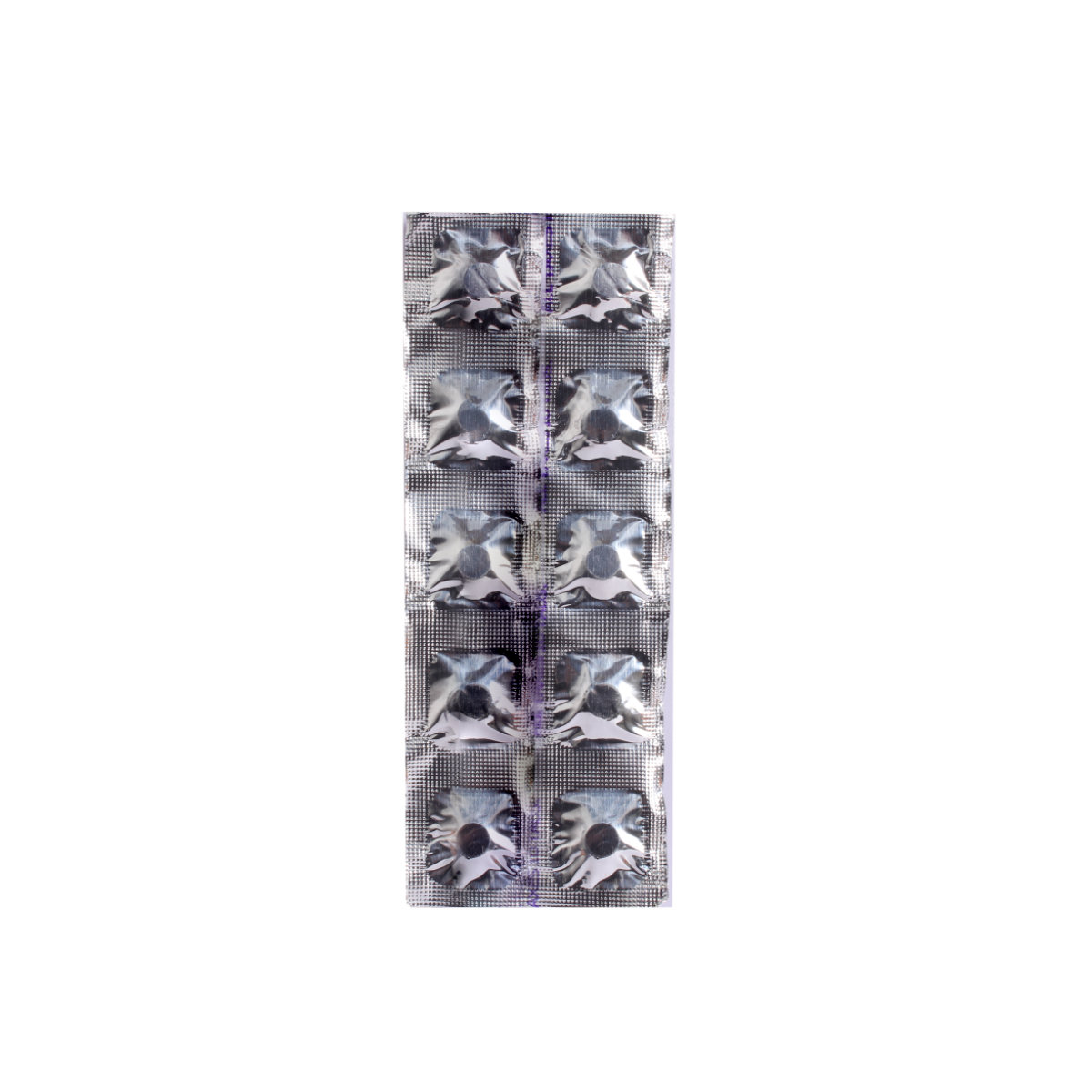
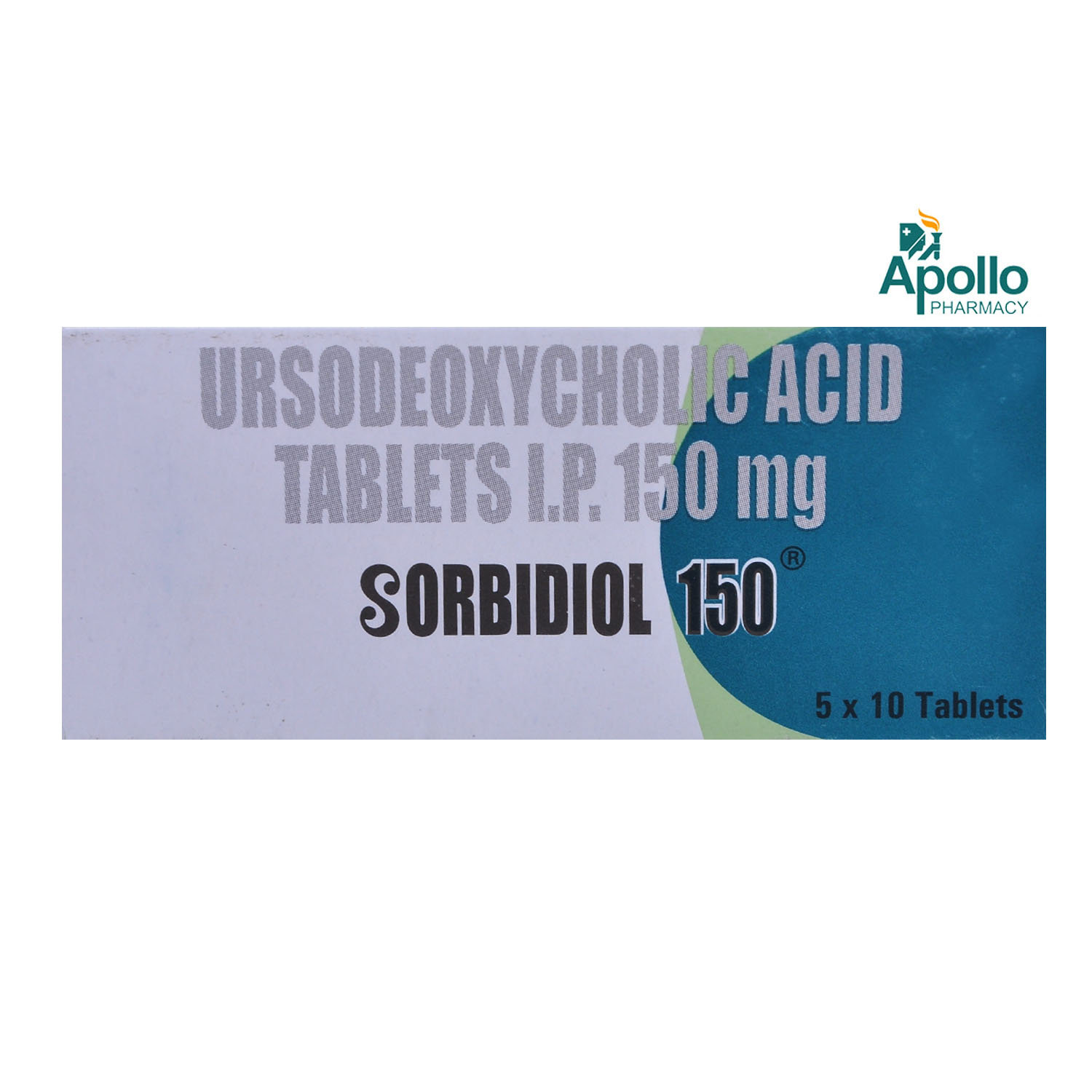

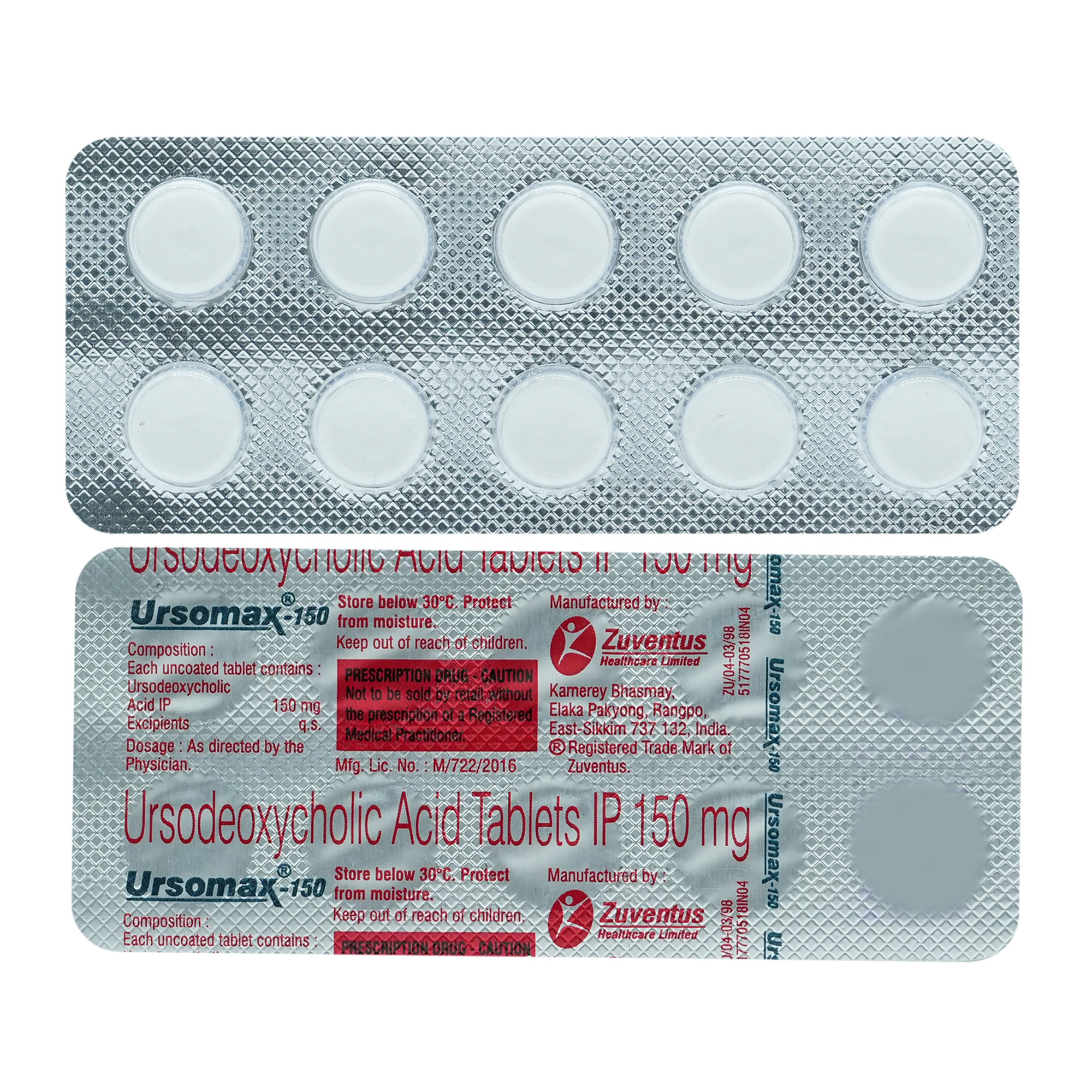
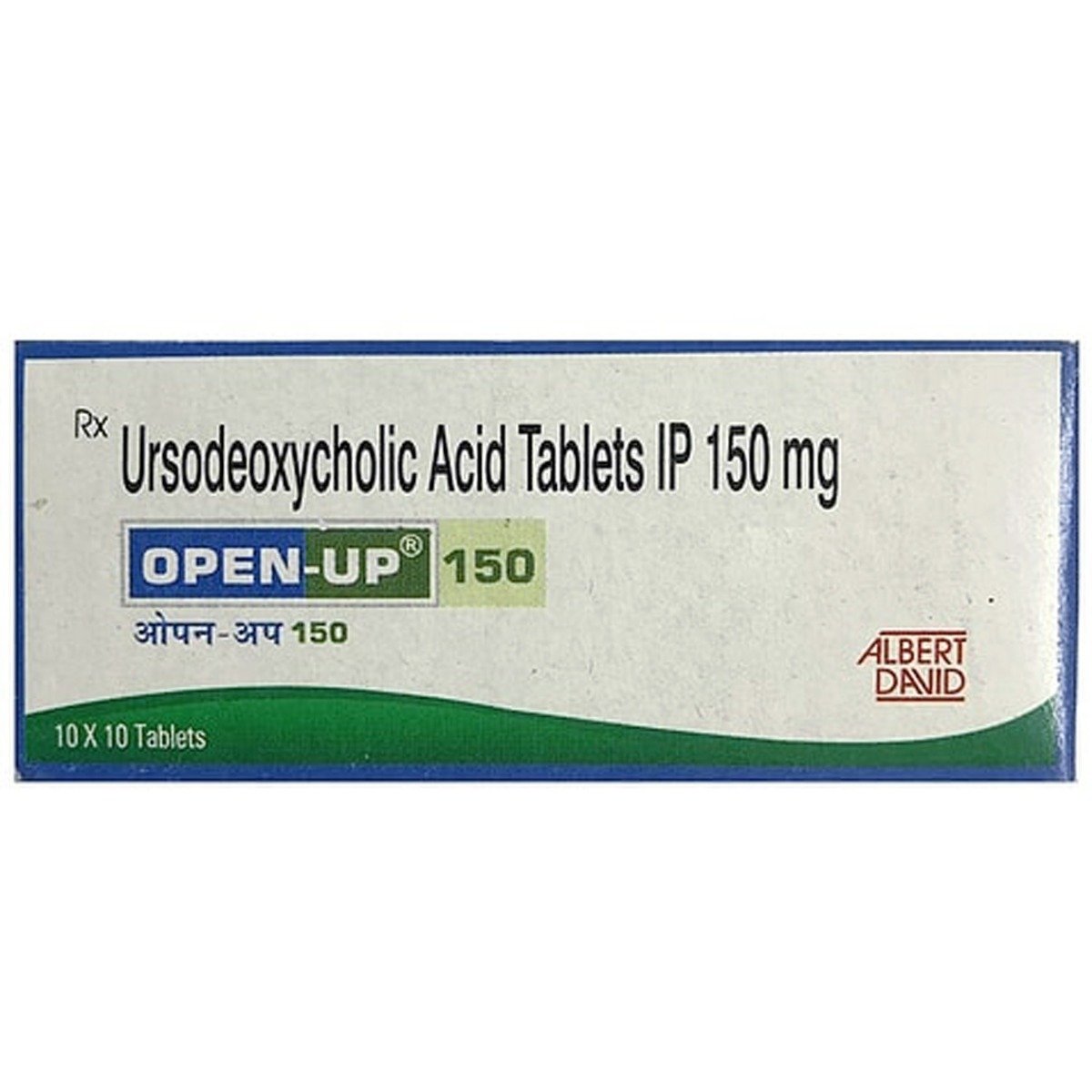
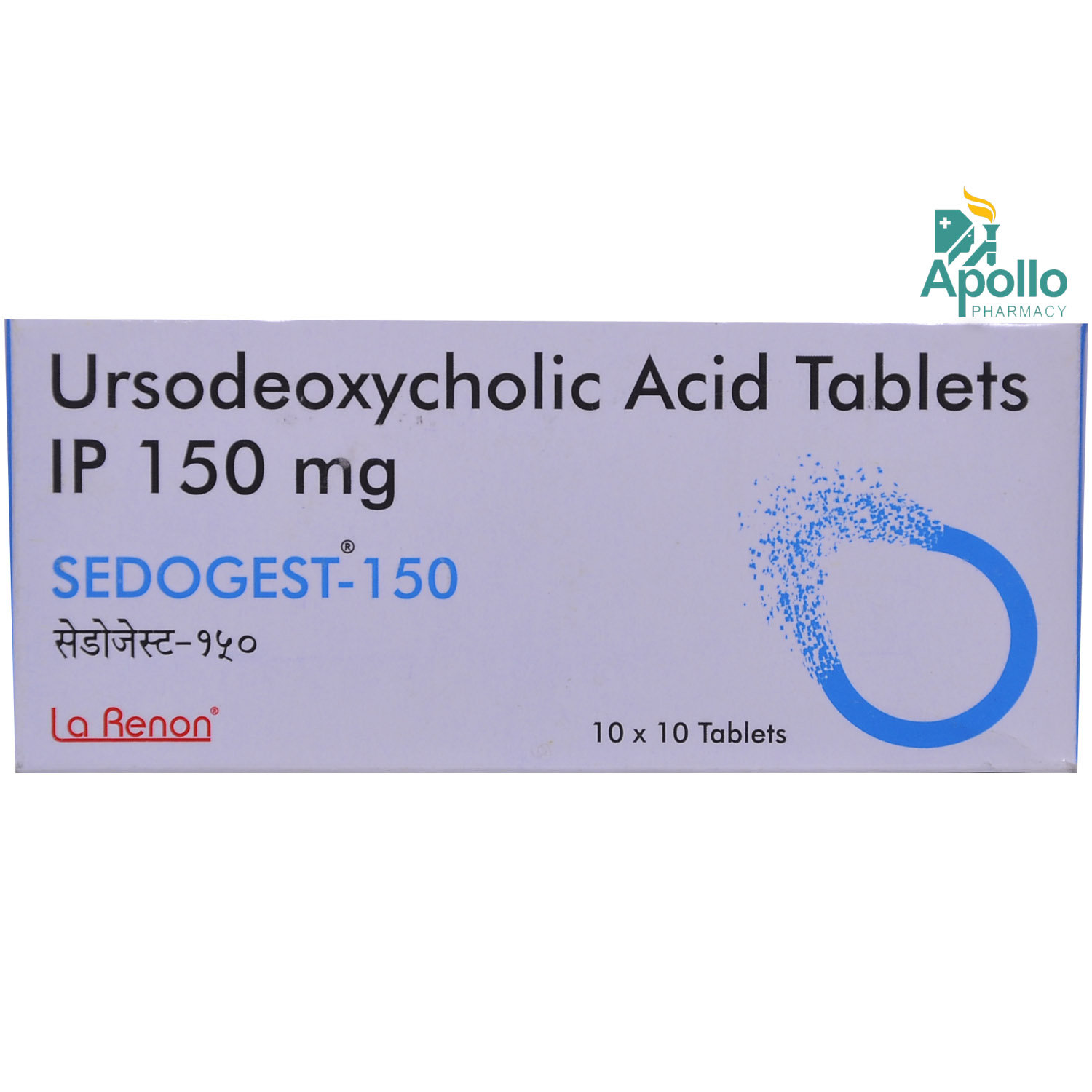
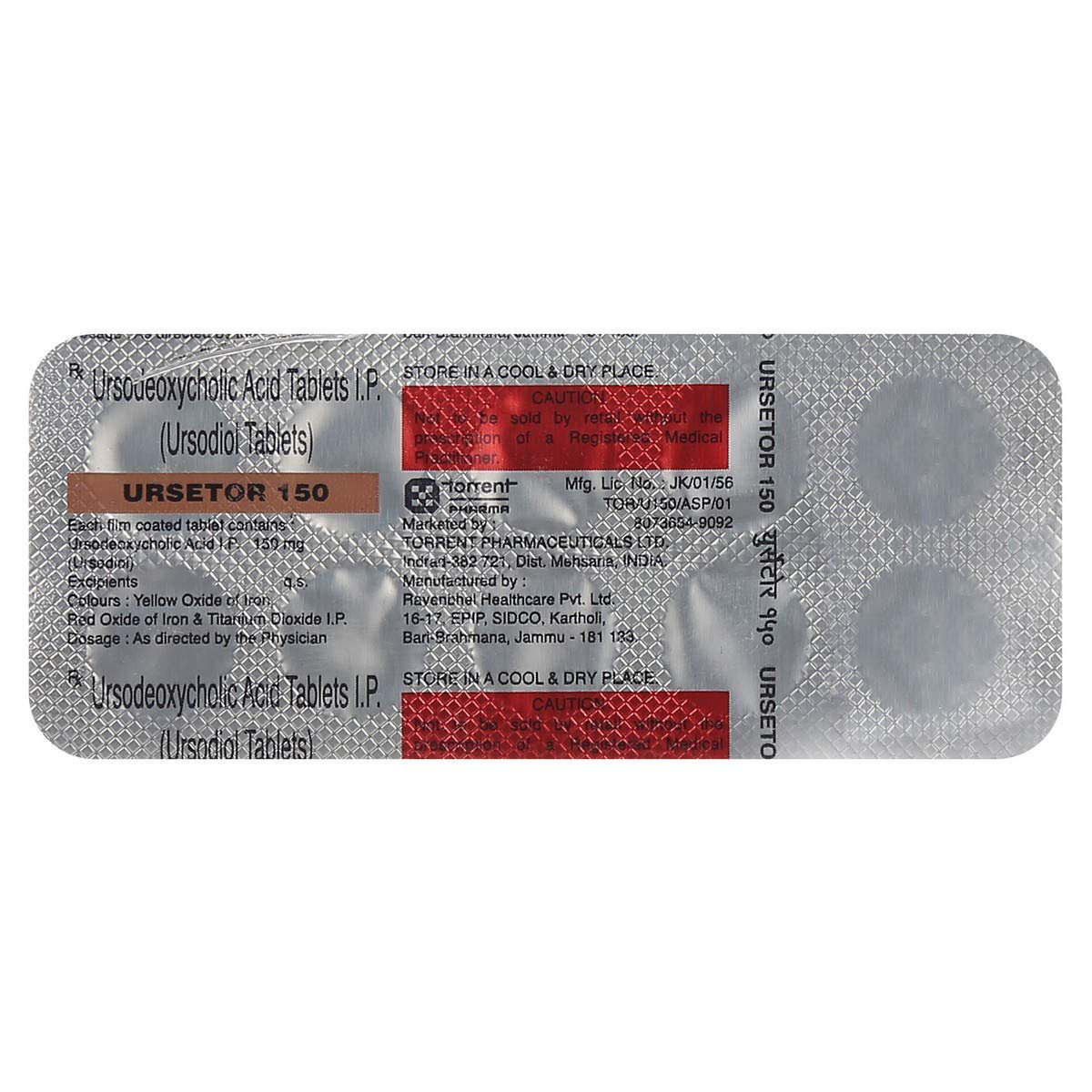
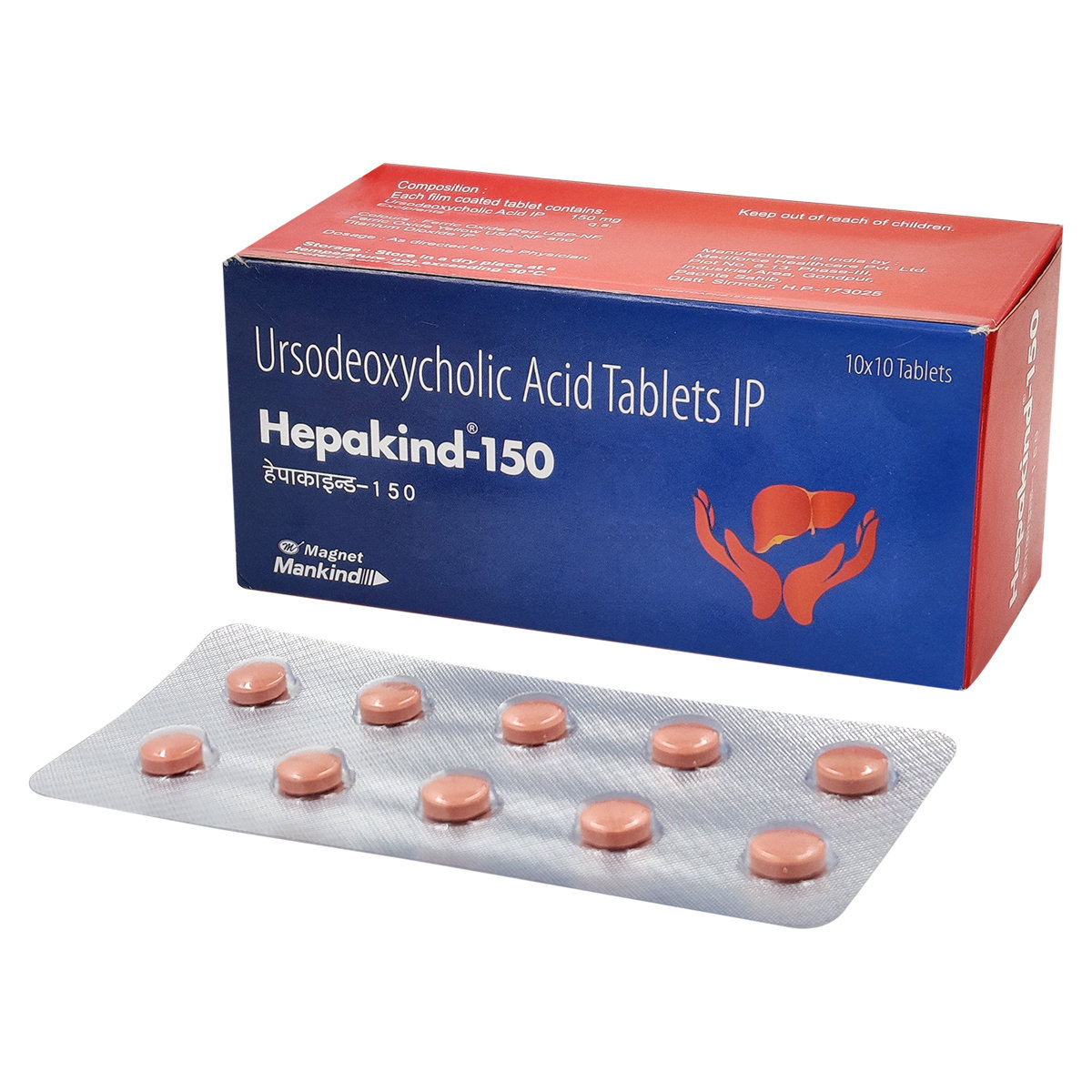
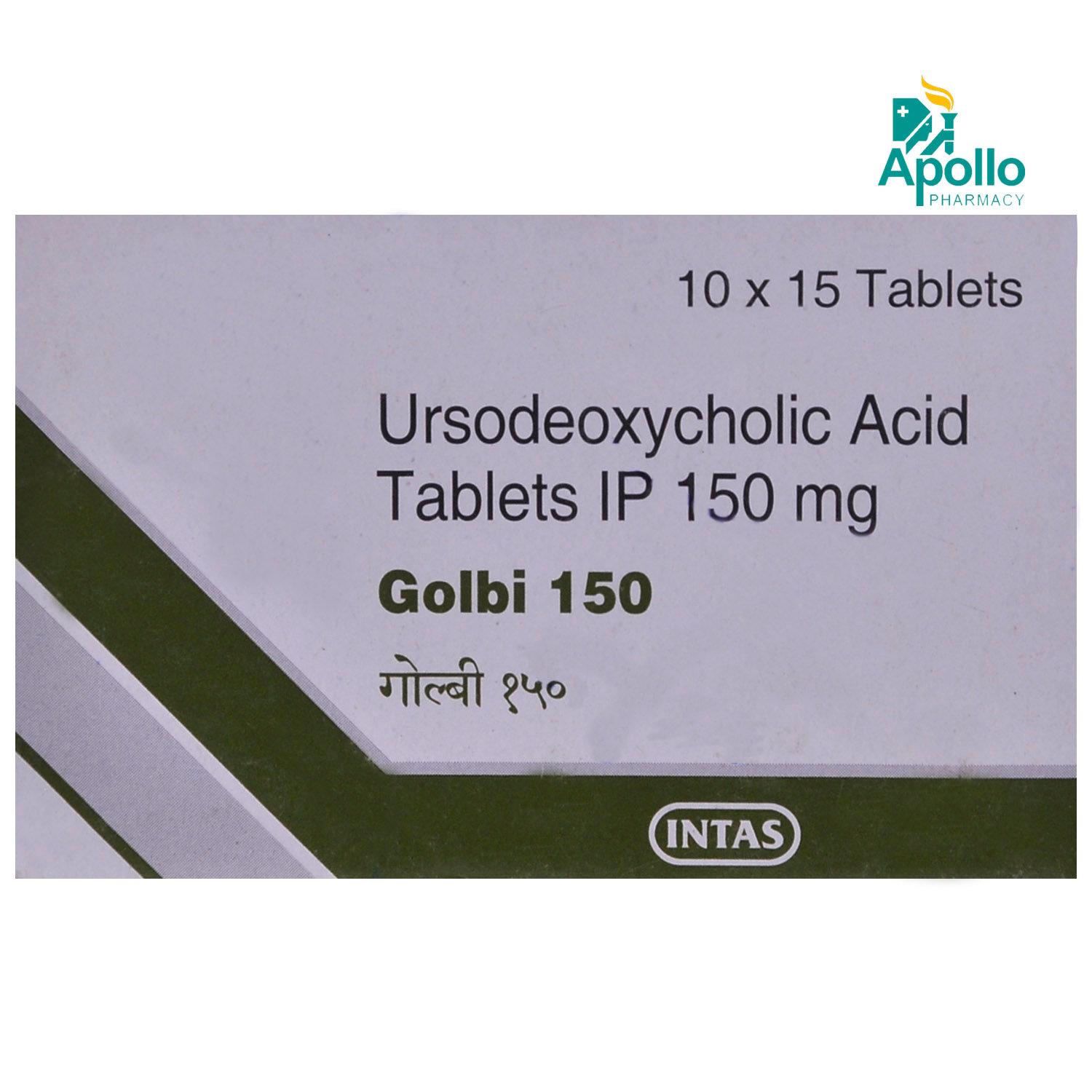

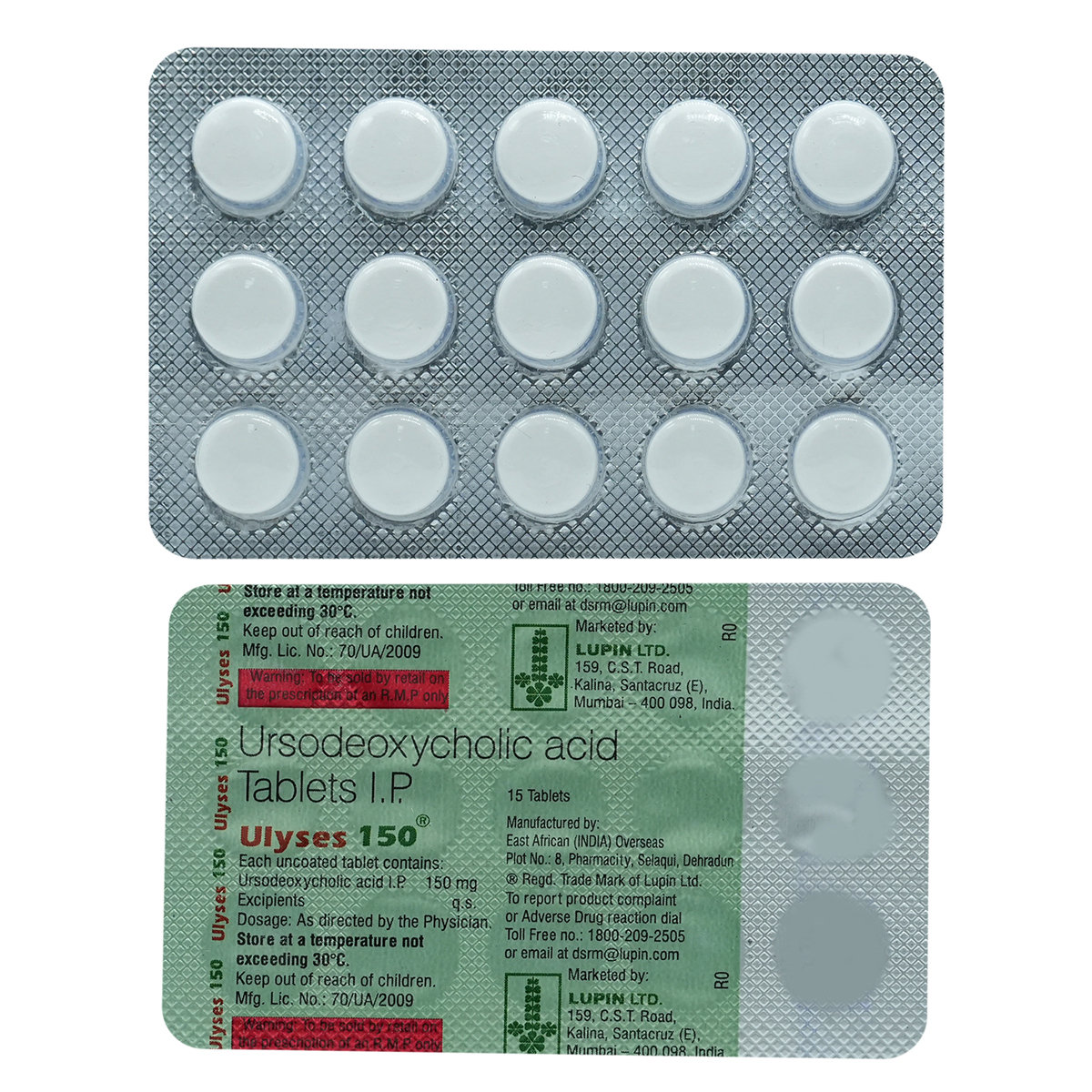
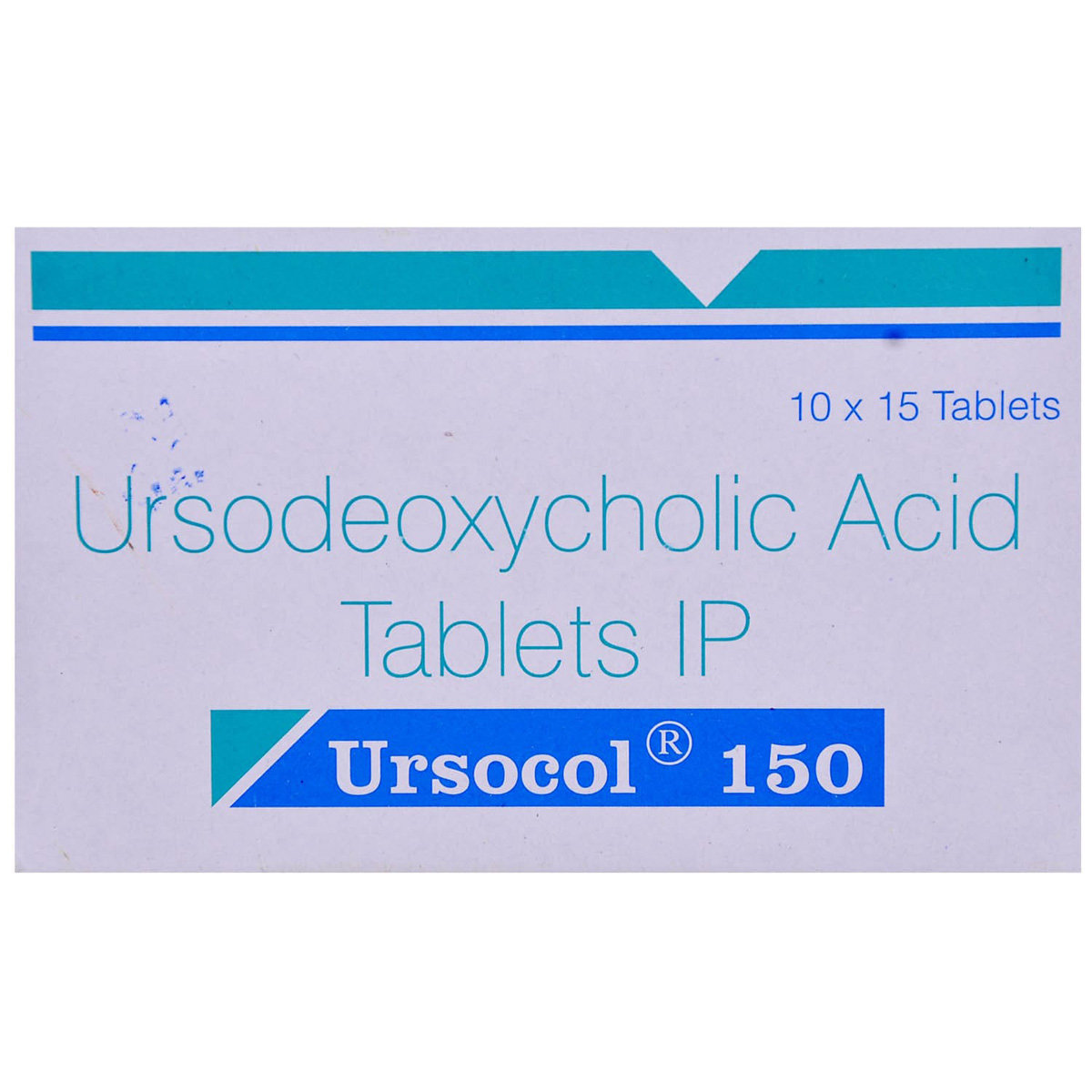
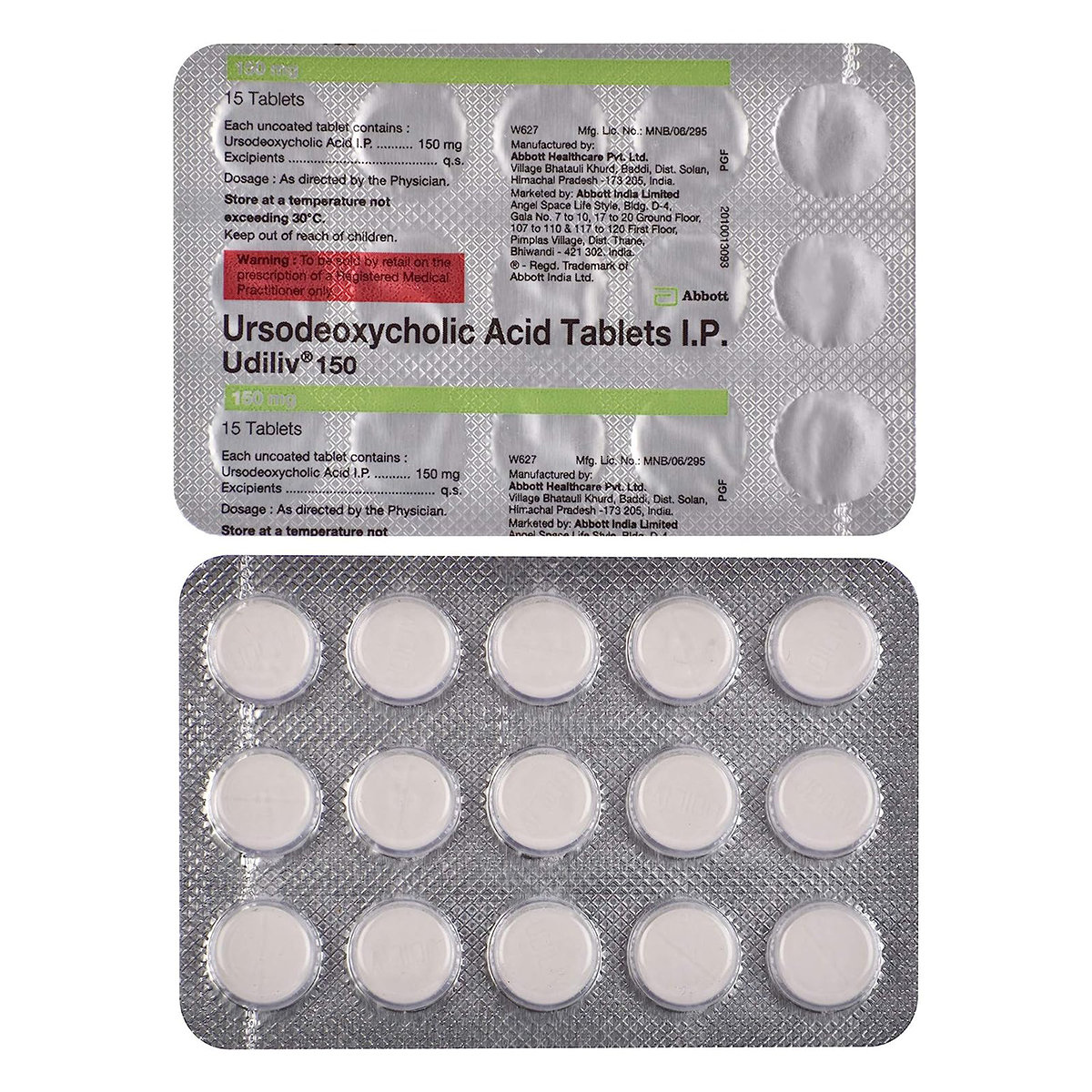
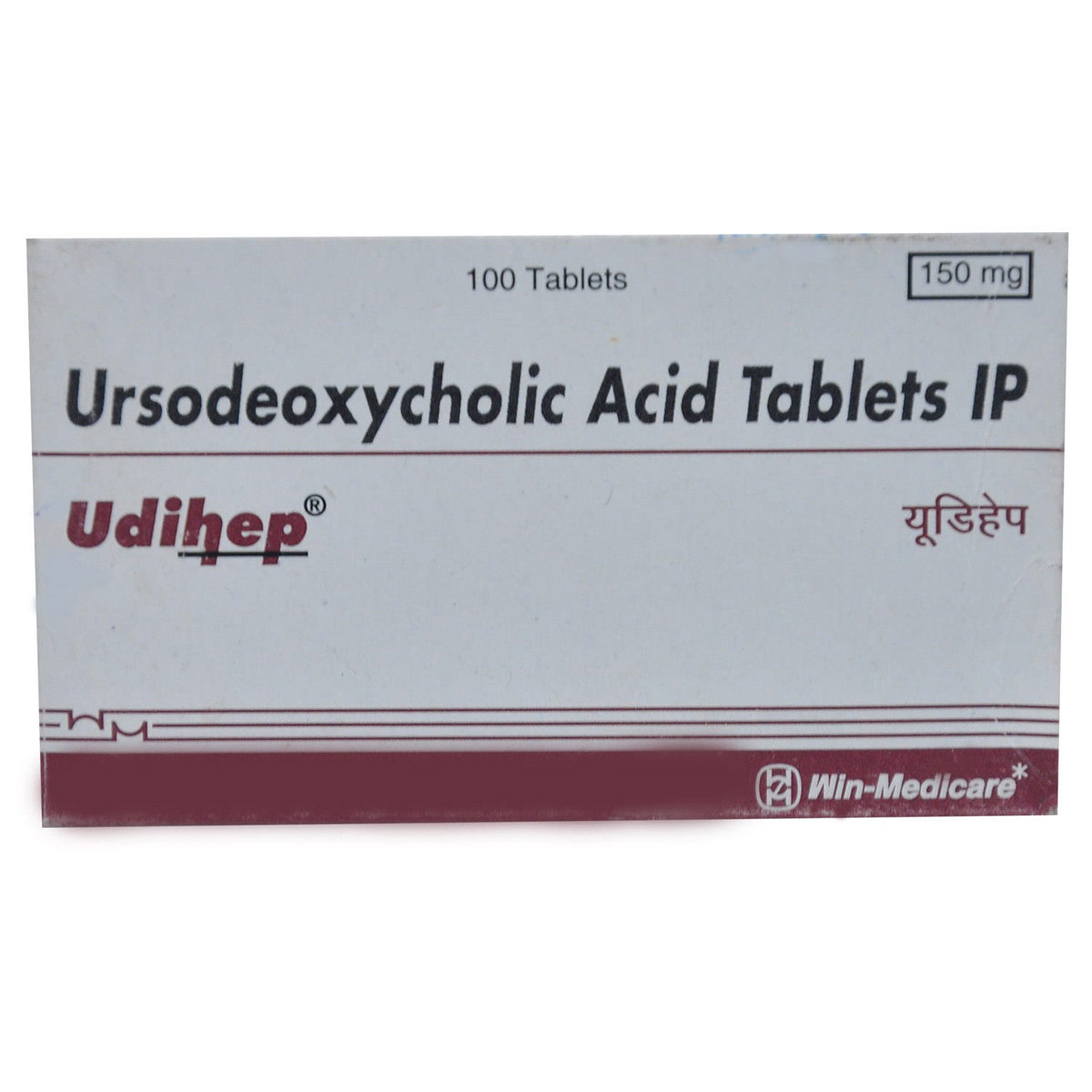

_0.jpg?tr=q-85)

